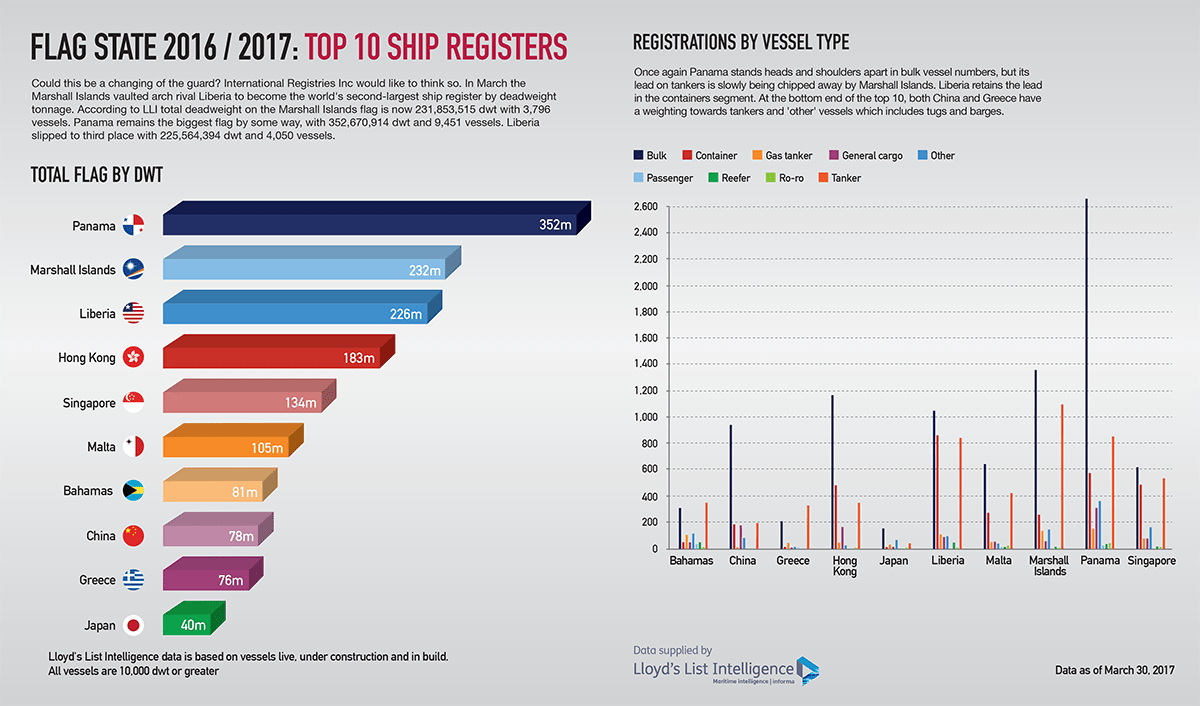

Taboo topics have been thrust centre stage. Thailand's protest leaders - most of whom have been arrested in the last week - are in their early twenties and are similarly more willing to embrace confrontational tactics than older generations. Some of Hong Kong's most visible activists, such as Joshua Wong and Agnes Chow, were teenagers when they first got involved in politics. Hong Kong's huge rallies represented a broad swathe of society, from students to lawyers, bus drivers, civil servants and teachers.īut the frontline activists - and those embracing increasingly violent tactics - were overwhelmingly young. Youngsters are at the heart of calls for reform. The current round of protests came after activist Wanchalearm Satsaksit was allegedly kidnapped in Cambodia in June. Multiple critics of the Thai monarchy have also disappeared, with Human Rights Watch recording at least nine cases involving activists overseas. In Thailand, the kingdom's draconian lese majeste law - which shields the monarchy from criticism - has been a crucial component of calls for reform, as well as prosecutions under broadly-worded sedition and cybercrime laws. The protest movement then morphed into a wider push for universal suffrage and opposition to Beijing's rule. The initial spark in Hong Kong was an eventually aborted attempt to allow extraditions to the authoritarian mainland's party-controlled courts. The way authorities use the law have been key catalysts. In Thailand, it is the monarchy - backed by the powerful, coup-prone military - that sits at the apex of the political pyramid.įor now, it is unclear how the palace will react to the Thai protests, but in previous periods of turbulence it has played a pivotal role in deciding the outcome. "(It's) the love for freedom and the courage to fight for change," he told AFP.īoth movements are primarily motivated by inequality and democracy, but is pushing for a greater say in how their fates are forged they are taking on formidable foes resistant to change.įor Hong Kong, it is the Chinese Communist Party, which crushes dissent on the mainland and has increased control over the restless semi-autonomous city.īeijing has rejected calls for greater democracy and police accountability, and has since blanketed the finance hub in a national security law that has, for the meantime, snuffed out mass dissent.Īlso Read | Thailand: Thousands of protesters return to streets after police clashes Voranai Vanijaka, a political analyst at Bangkok's Thammasat University, said tech-savvy youths in both territories have "shared cultural values". Hong Kong and Thailand have both seen their streets filled with protesters daring to take on an entrenched political elite, and to discuss once-taboo subjects in their push for greater freedoms.


 0 kommentar(er)
0 kommentar(er)
